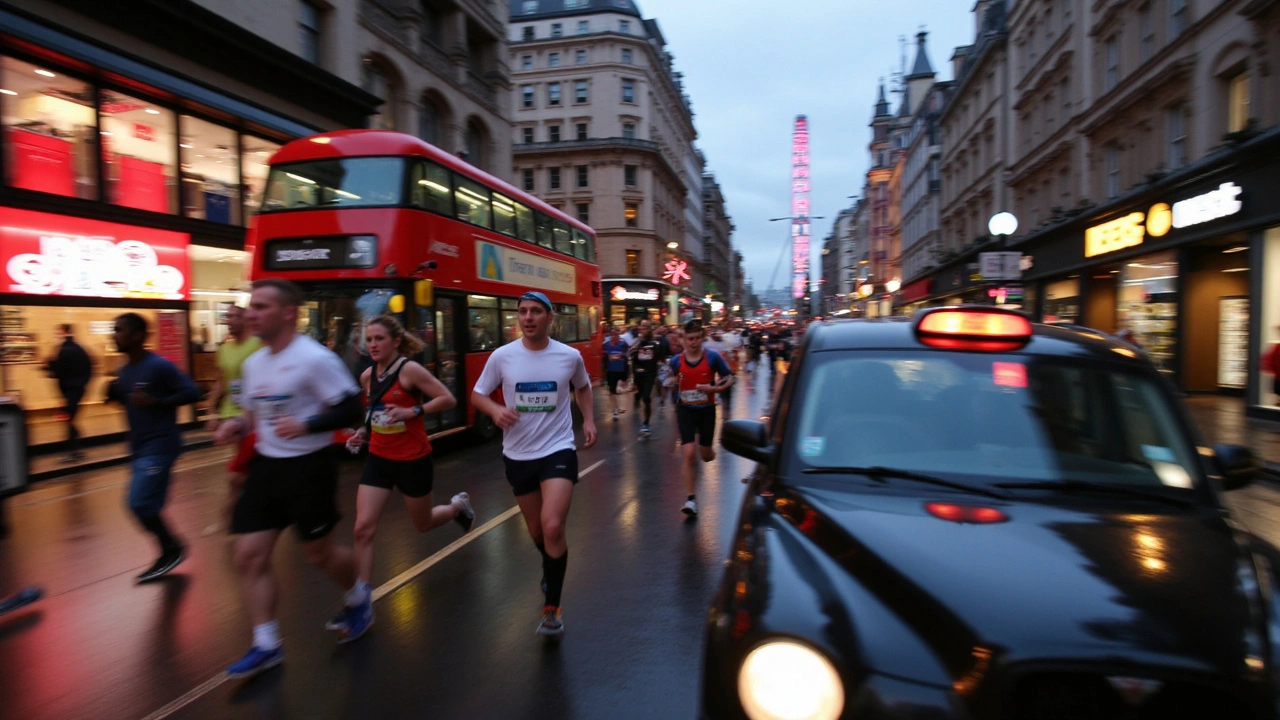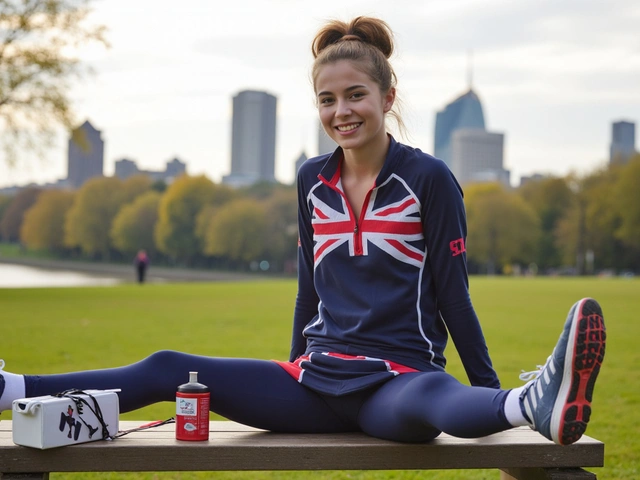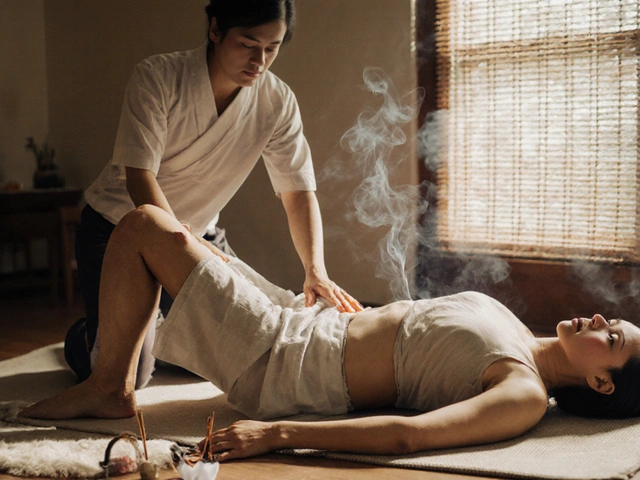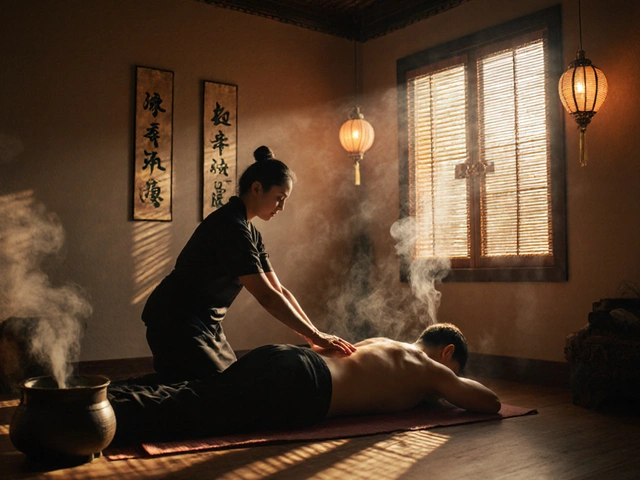London Recovery: Your Practical Guide to Healing Massage Services
If you’re in London and need to bounce back faster—whether after surgery, a tough workout, or everyday stress—massage can be a game‑changer. It’s not just a luxury; it’s a proven tool that eases pain, reduces swelling, and gets you moving again.
Why Massage Helps Recovery
During a massage, skilled hands work on tight muscles, boost blood flow, and release tension. Better circulation means more oxygen and nutrients reach sore spots, which speeds up tissue repair. Deep‑tissue and sports massages also break down scar tissue, helping you regain range of motion.
What’s cool is that massage triggers the body’s natural painkillers—endorphins. You’ll feel less ache right after a session, and the calming effect can lower stress hormones that otherwise slow healing.
Choosing the Right London Therapist
London’s got a massive pool of therapists, but not all specialize in recovery. Look for practitioners who list post‑surgery, sports, or rehabilitation experience on their profiles. A quick phone call asking about their training and what techniques they use (like trigger‑point or myofascial release) can save you a bad fit.
Read reviews that mention punctuality, clean spaces, and clear after‑care instructions. Many therapists provide a short “homework” plan—stretching or foam‑rolling tips—to keep progress going between sessions.
Pricing in London varies. Expect around £70‑£120 for a 60‑minute deep‑tissue session, but many clinics offer package discounts if you book three or more appointments. Don’t forget to ask if they accept private health insurance for rehab work.
When you book, be clear about why you’re there. Mention any surgeries, injuries, or specific goals (like improving sprint speed). A good therapist will tailor the session, focusing on problematic areas while avoiding anything that could aggravate a fresh wound.
During the session, communicate openly. If a pressure feels too strong, say so. The best therapists adjust on the fly and will guide you through breathing techniques that enhance relaxation and muscle release.
Afterward, drink plenty of water. Hydration flushes out toxins released during the massage and supports tissue repair. Most pros recommend gentle movement—like a short walk—to keep blood flowing.
For sports enthusiasts, regular weekly sports massages can cut recovery time by up to 30 %. Pair those with proper sleep, balanced nutrition, and targeted strength work for the biggest boost.
In summary, a well‑chosen London massage therapist can turn a painful recovery period into a smoother, faster comeback. Use the tips above, book a session, and feel the difference for yourself.
Londoners move fast, and their bodies feel it. This article breaks down why sports massage is a must-have for runners, gym-goers, and anyone with a hectic routine in the city. Learn how massage keeps you injury-free, boosts recovery, and helps you perform at your best. Get tips on choosing the right sports massage in London and what to expect. It’s your go-to guide for staying active, safe, and relaxed in the capital.
Read More




